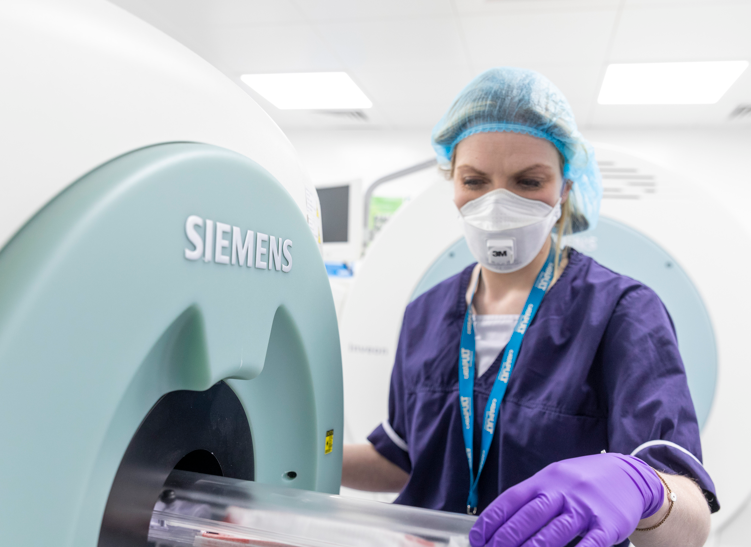Turning Nuclear Waste into Breakthrough Cancer Treatments

United Kingdom National Nuclear Laboratory (UKNNL) and Medicines Discovery Catapult (MDC) have received funding from UK Research and Innovation (UKRI) to drive the development of innovative approaches for new cancer treatments.
The funding allows UKNNL and MDC to finalise the case to scale up the harvesting of precision nuclear medicines from the UK’s spent nuclear material, providing global nuclear and healthcare leadership with sovereign capacity in this important therapeutic sector.
Precision nuclear medicine is a rapidly advancing practice that has the potential to drive game-changing breakthroughs for patients. An emerging approach, called Targeted Alpha Therapy, has the potential to be more targeted, effective and have few side effects.
Generating specific interest in the field is Lead-212, which can be extracted from reprocessed uranium – a fuel that has been used to power around a sixth of the UK’s electricity in one of the country’s nuclear power plants.
As it decays, with a half-life of ~11 hours, scientists can use its emissions to target and destroy cancer cells without damaging surrounding healthy tissues.
Other countries are already researching and developing these treatments, but the UK does not yet have a sustainable pipeline of radiopharmaceuticals to secure access for UK patients.
Together, UKNNL and MDC will explore potential options for making the material available to researchers and drug development companies. The long-term aim is to enable commercial production and routine use within the NHS for the benefit of patients and the development of a new community.
Professor Paul Howarth, Chief Executive Officer at UKNNL said: “For decades UKNNL has processed the uranium from our nuclear power plants, constantly developing new techniques and capabilities. The harvesting of lead-212 requires very specific chemistry and is the key focus of some of the scientists in our laboratory in Preston. To be able to use the skills and techniques that they have developed to save lives is an incredible legacy.
“This funding will help to clarify how lead-212 can progress to the next step, to provide life-saving therapies for cancers in patients in the UK and ensure that the next generation of scientists can continue this vital work. What is most remarkable is the fact that this uranium has already powered our homes, and it is now being reused to potentially save lives.”
Professor Chris Molloy, CEO of Medicines Discovery Catapult, said: “Precision radiopharmaceuticals present a huge opportunity for the UK to lead the world again in medicinal radiochemistry. Creating these new targeted treatments from toxic waste could transform patient outcomes and give the UK back its domestic radiochemical capacity to serve its patients. To do this, we must invest in the infrastructure necessary to produce the materials and run patient trials.
“Combining MDC's specialised radiochemistry and drug discovery expertise with UKNNL's nuclear prowess, this project will accelerate important research to secure a sustainable supply of radionuclides for medicines. Doing so will unlock the development of game-changing treatments for cancer and improve patient lives."
UKNNL is enabling the supply of vital radionuclides for the UK. It collaborates with researchers to enable access to radionuclides for investigations into new treatments and diagnosis, including cancer, Alzheimer's and complex heart conditions. The handling of nuclear material and extraction of radionuclides are key capabilities and skills that UKNNL provides for the nation.
MDC is a national Life Sciences service dedicated to turning drug discovery into impactful and commercial breakthroughs. It operates an advanced preclinical facility, including world-class radiochemistry capabilities and a translational suite of imaging technologies, unique within the UK and a major asset in the development and deployment of novel radiopharmaceuticals.
For more information on the funding, please click here.























